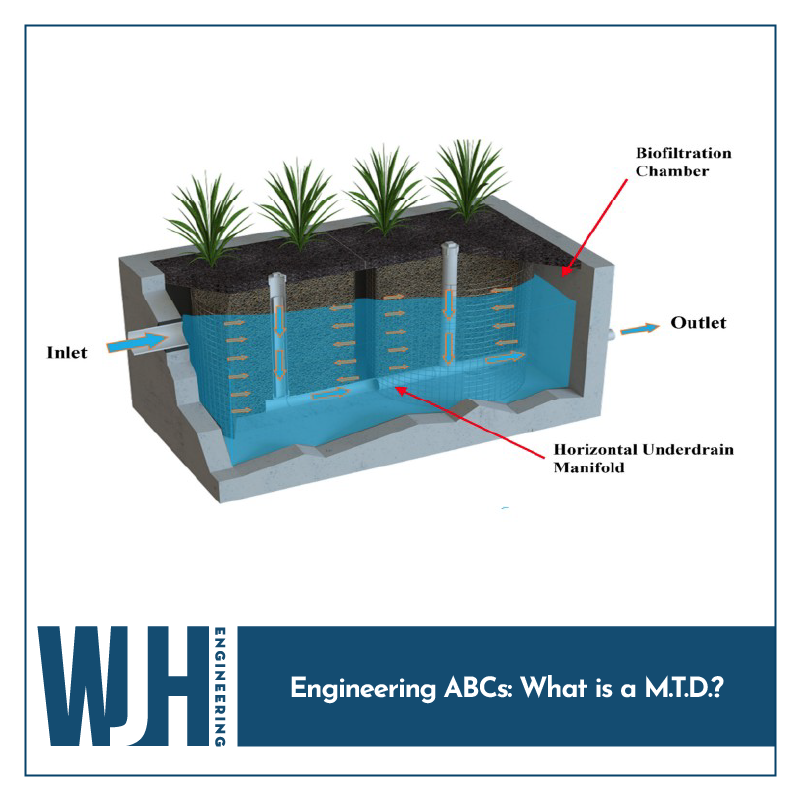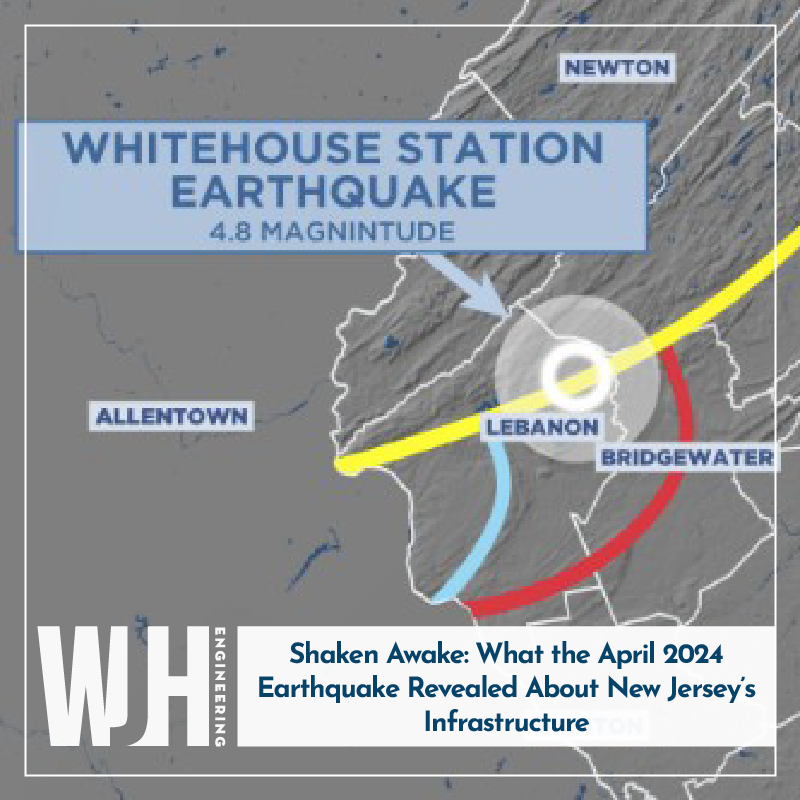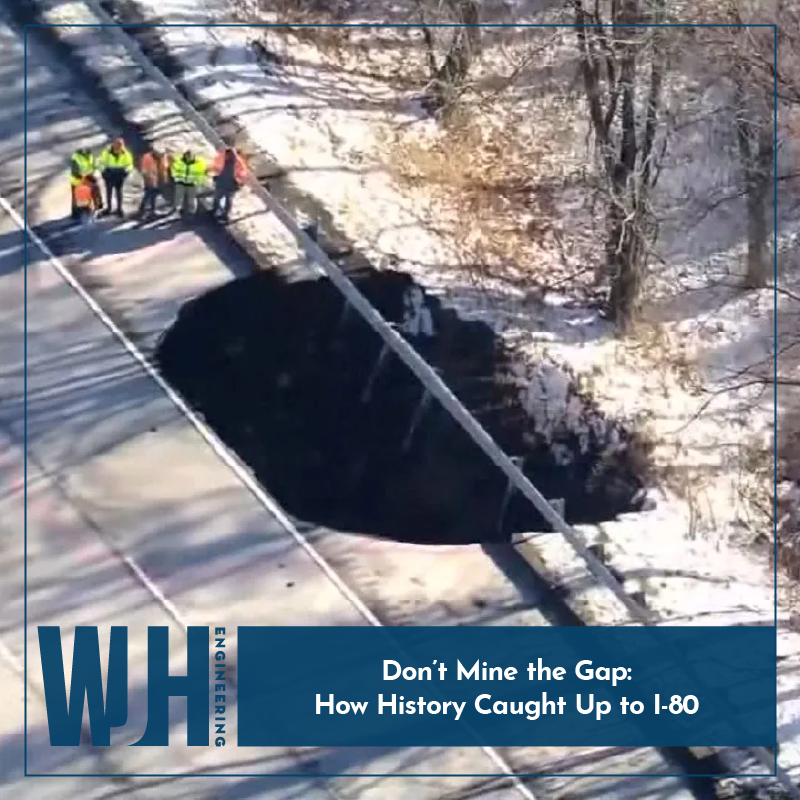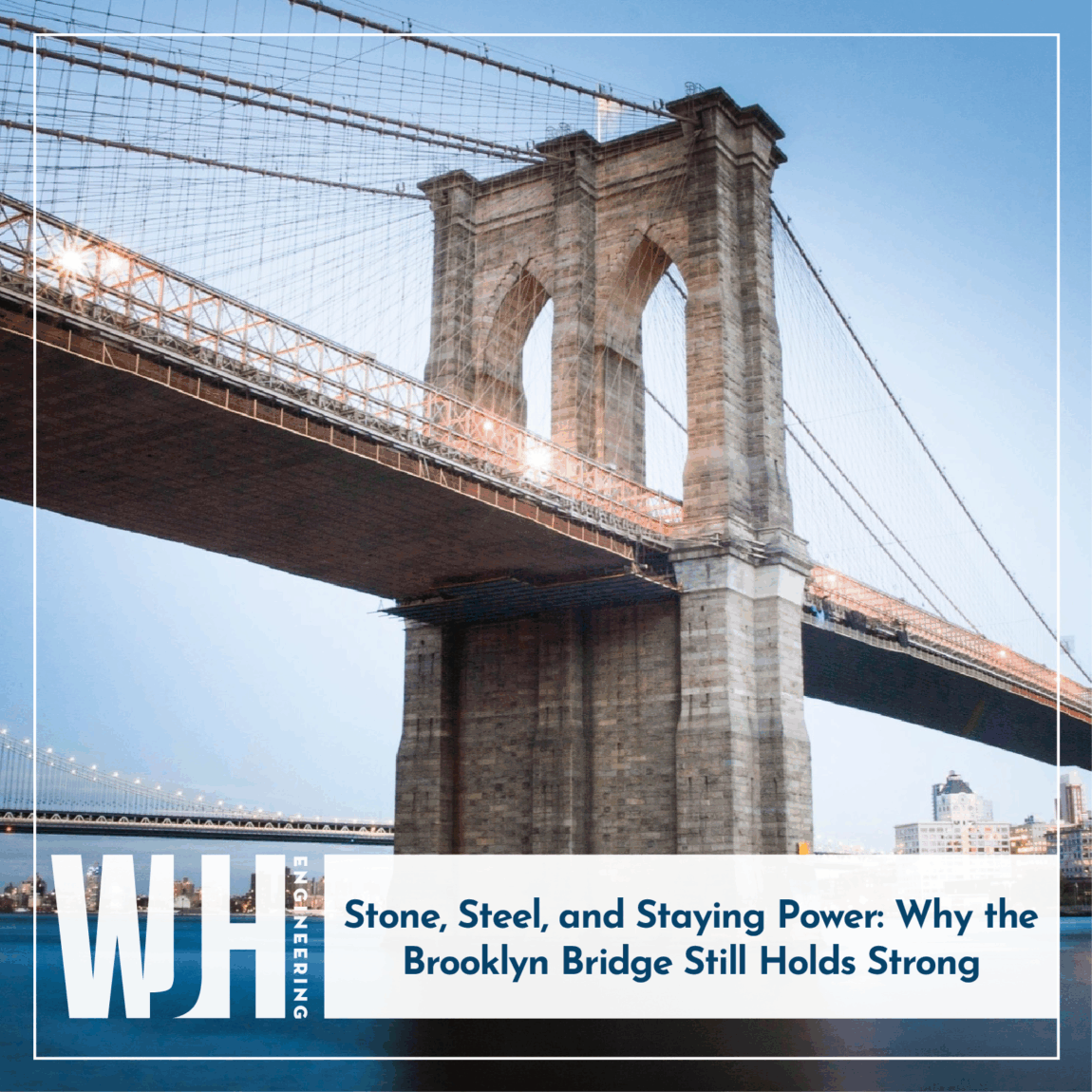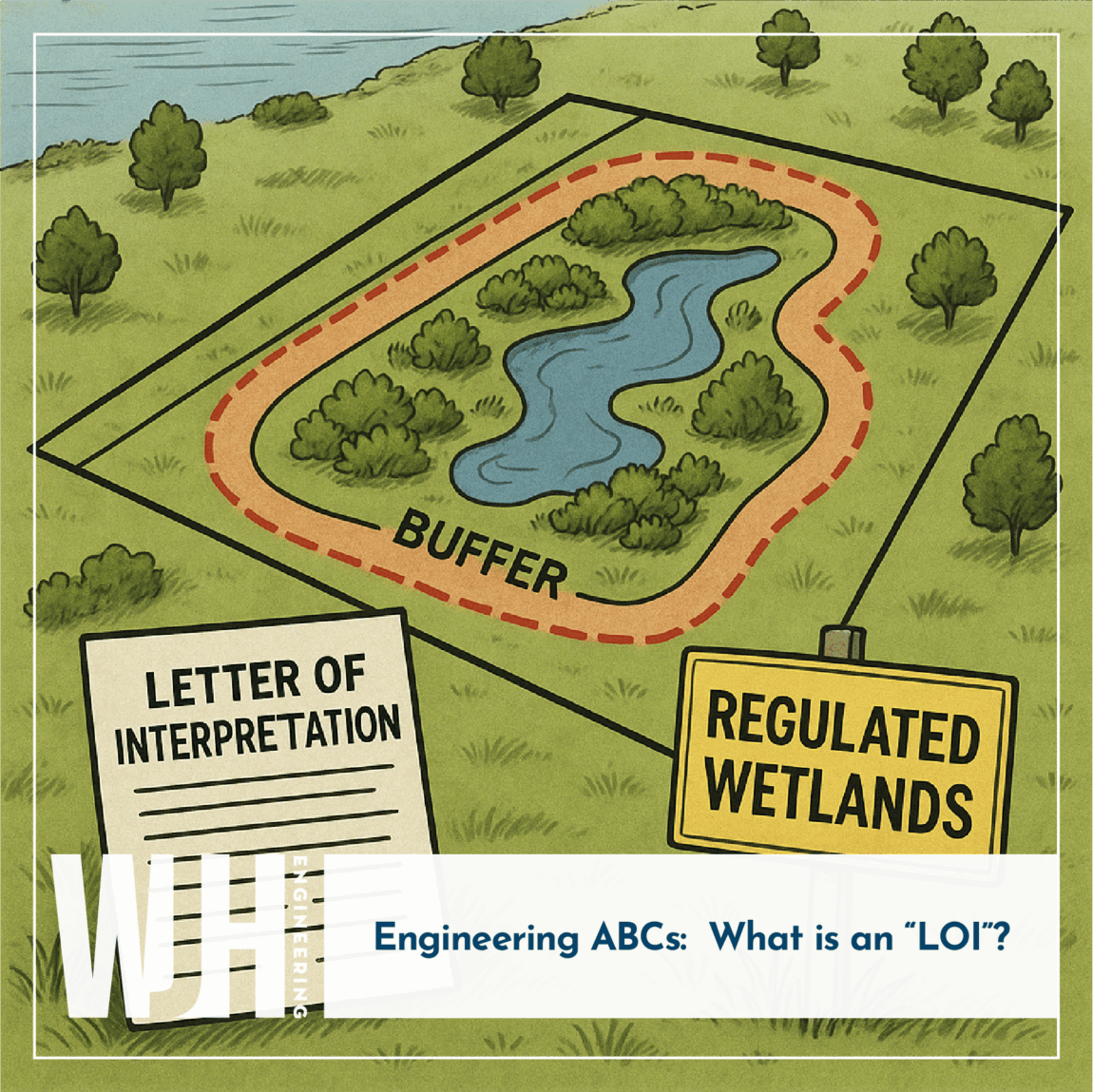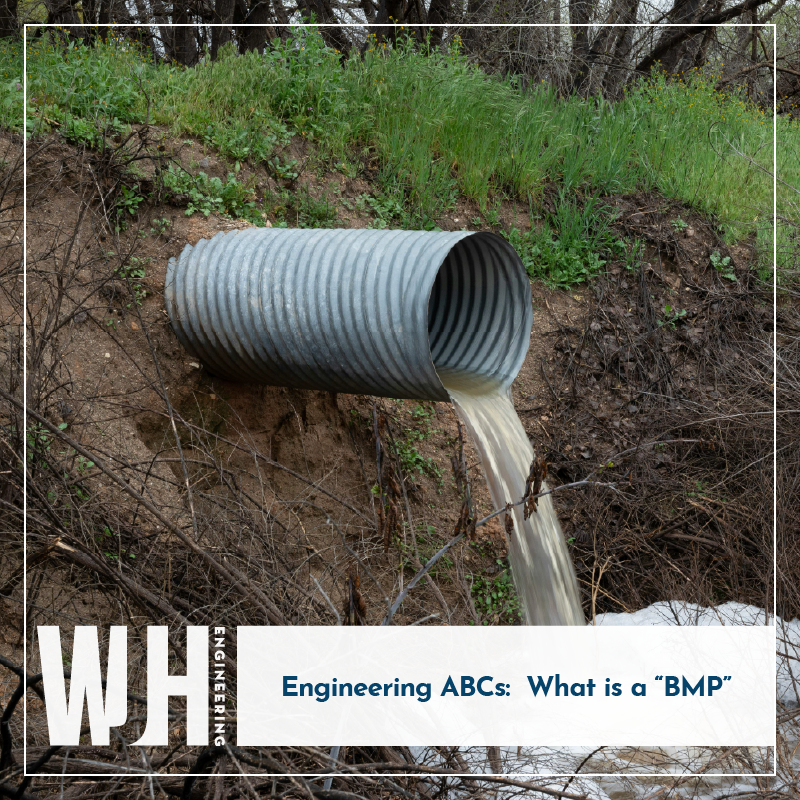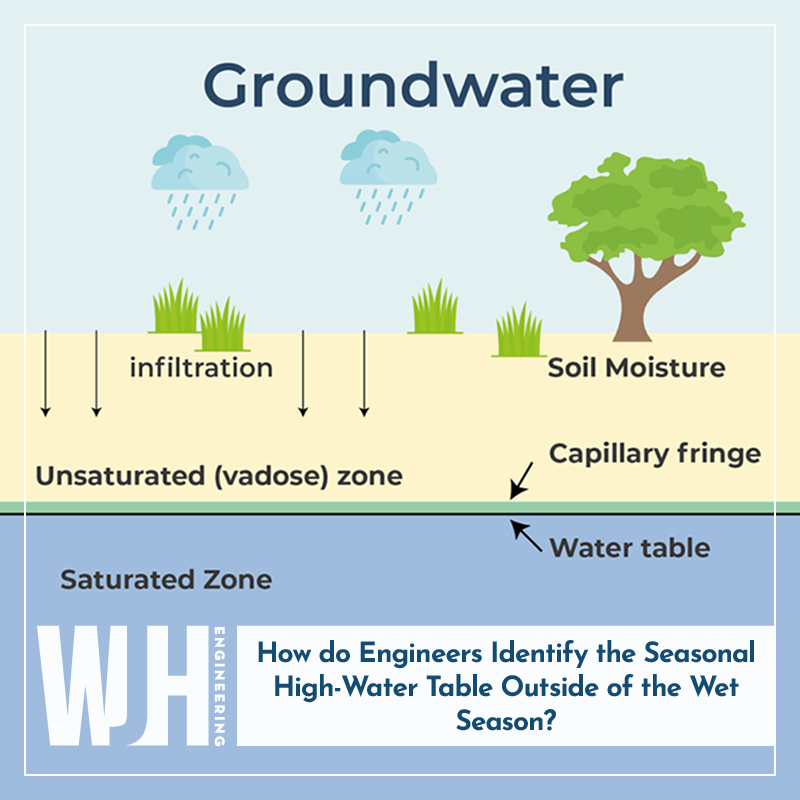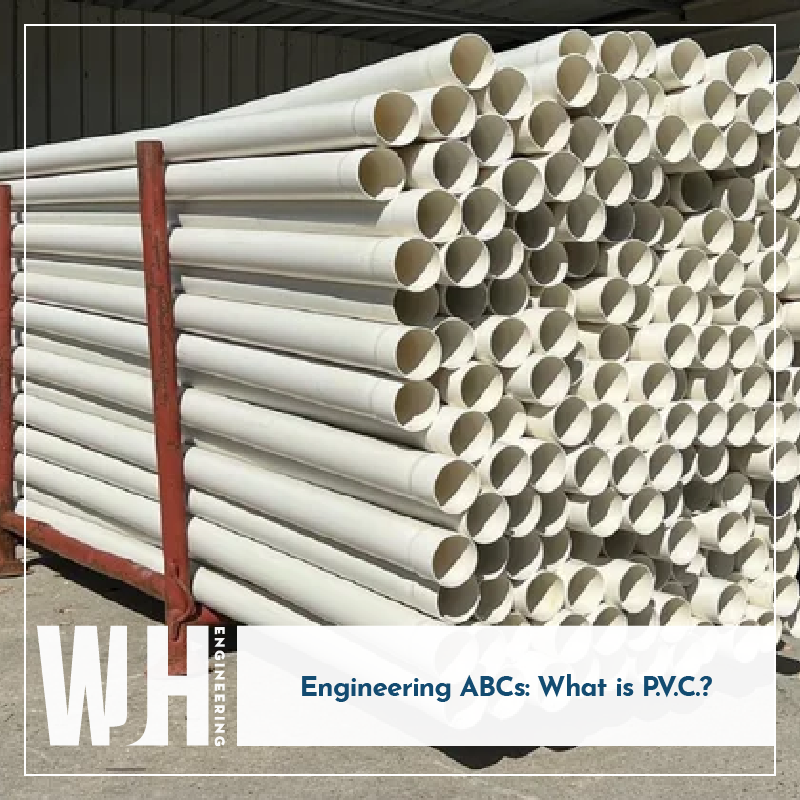After more than two decades, New Jersey has formally adopted a revised State Development and Redevelopment Plan (SDRP) — the first comprehensive update since 2001. The update, approved by the New Jersey State Planning Commission on December 17, 2025, represents a major milestone in how the Garden State guides land use, infrastructure investment, housing development, environmental protection, and community planning across all levels …
Engineering ABCs: What is a M.T.D.?
When it rains or snows, stormwater accumulates debris and pollutants in its path. If left untreated, sediment from construction sites, oils from parking lots, and all other forms of trash and debris would enter our local waterways during every rainstorm. That’s where Manufactured Treatment Devices (MTDs) come in. These engineered systems act like filters for stormwater, removing pollutants before the …
Shaken Awake: What the April 2024 Earthquake Revealed About New Jersey’s Infrastructure
In April 2024, a magnitude 4.8 earthquake struck near Whitehouse Station, NJ – the largest in the region in decades. While no catastrophic damage was reported, the tremor sparked both concern and curiosity: Just how vulnerable is our infrastructure to an event like this? Though earthquakes are often associated with California, New Jersey sits atop a network of ancient fault …
Don’t Mine the Gap: How History Caught Up to I-80
In December 2024, drivers near Wharton, N.J. were stunned as a 40 × 40 ft sinkhole abruptly opened along I-80’s eastbound shoulder. A second depression appeared in February, and a third crater opened in mid-March, fully halting traffic in both directions. Engineers investigated the cause of these sinkholes, and many were surprised to find a vast network of abandoned mineshafts …
Stone, Steel, and Staying Power: Why the Brooklyn Bridge Still Holds Strong
On any given day, the Brooklyn Bridge stands as more than just a link between boroughs – it’s a monument to engineering foresight and resilience. Completed in 1883, this iconic structure was the world’s first steel-wire suspension bridge, and it remains a marvel of 19th-century ingenuity. Constructed over 14 years, the Brooklyn Bridge was built using a hybrid cablestayed/suspension design. …
Engineering ABCs: What is an L.O.I.?
Many projects in New Jersey are impacted by Freshwater Wetlands. When this occurs, an LOI (Letter of Interpretation) can be applied for from NJDEP (New Jersey Department of Environmental Protection). This document formalizes and approves a survey of the property which graphically depicts the extents of the wetlands on the property in question. Additionally, a buffer will be assigned which designates …
Engineering ABCs: What is a “BMP”
When navigating New Jersey’s Department of Environmental Protection’s (NJDEP- an “Engineering ABC” in and of itself) stormwater rules, we often refer to “BMP’s”. This stands for Best Management Practices – which refers to methods to manage stormwater management. There are “non-structural methods” such as swales, and grading and site design techniques which reduce runoff. We use these during our site …
Engineering ABCs: What is G.P.S.?
The Global Positioning System (GPS) is one of the most important technological advancements of the modern era. Whether you’re using it to navigate through traffic on your smartphone, or relying on it for precise land surveys, GPS technology plays a central role in our daily lives. But how exactly does it work, and how do engineers and surveyors apply it …
How do Engineers Identify the Seasonal High-Water Table Outside of the Wet Season?
The Seasonal High-Water Table (SHWT) is the highest elevation in which groundwater rises to during the wet season. As Civil Engineers, we must ensure that our systems are installed above this seasonal high-water table. This ensures that sufficient recharge can be provided, and it protects our designs from structural damage throughout the year. But how do civil engineers determine where the …
Engineering ABCs: What is P.V.C.?
As civil engineers, we select piping materials for a wide range of applications and designs. The specific pipe material that is selected can significantly impact the cost, efficiency, and longevity of a project. Among the many options available, Polyvinyl Chloride (PVC) pipes stand out for their durability, cost-effectiveness, and their ability to resist corrosion over time. Because of these properties, …


